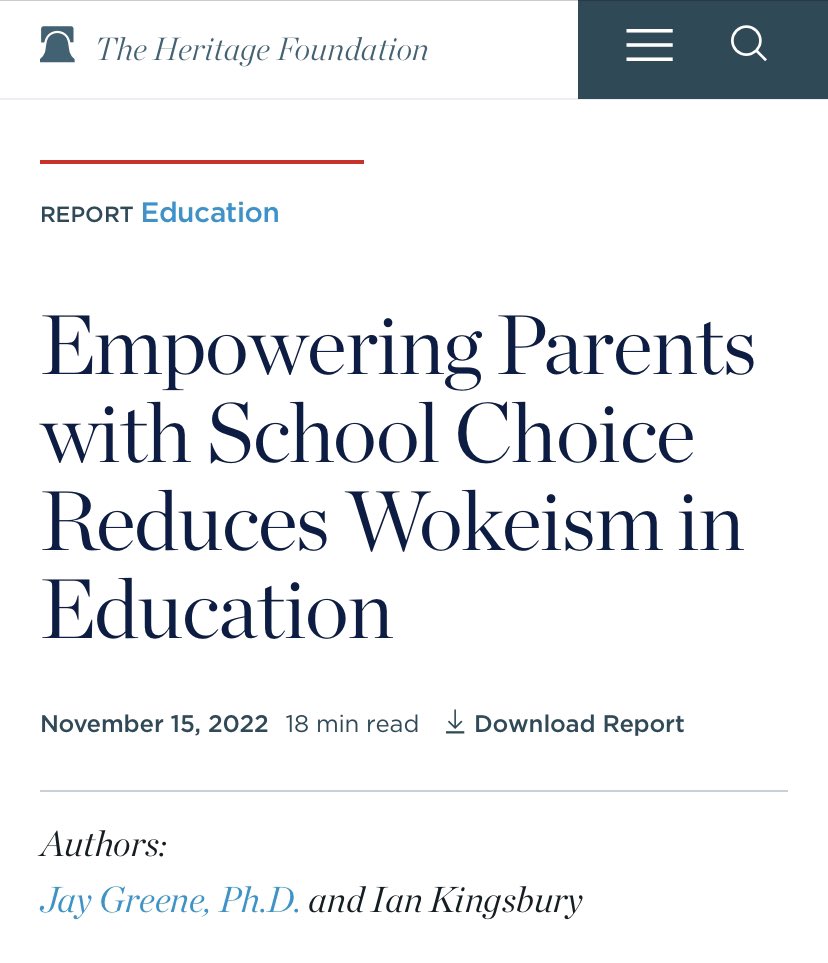
I always go back to @matt_barnum on this, who said we need to take seriously the alarm from school leaders even as we explore the mismatch with admin data.
1/
1/
https://twitter.com/jerseyjazzman/status/1594342568523096064
It’s silly to argue that admin data show anything like a crisis on teacher exits. Those data don’t.
But I’m surprised that with advent of mixed methods in policy research more folks aren’t looking for ways to join both #educators perspectives and admin data.
2/
But I’m surprised that with advent of mixed methods in policy research more folks aren’t looking for ways to join both #educators perspectives and admin data.
2/
I suspect some of this comes down to the same old difference in the way economists study data without always interrogating sources.
3/
3/
As an example we know #miched data on #educators is weaker statewide than in some places. Some of that is related to business rules like collecting assignment data as FTEs rather than personnel files.
4/
4/
But far more important in #miched are strong legal limits on what the state can compel local governments to do without paying for it (see Headlee, Cc @tdelpier)
5/
5/
And in MI, state aggregation of district data are swept up in those real constraints (along with strong tradition from our SEA of not wanting to hold any more district info than they absolutely have to, lest it fall into hostile GOP #mileg hands).
6/
6/
Point being, at least in #miched it’s possible to absolutely tell a coherent story for divergence between state admin data and local alarms on #teachershortage and I suspect that’s true everywhere for state-specific reasons
7/
7/
I do think we need to listen to what the admin data can tell us (pipeline is a bigger crisis than exists) because of specific policy priorities that can inform.
8/
8/
But as a global question of “is or is not” #teachershortage no reason to just focus on admin data
(esp given rich state of mixed methods study in #edpolicy these days)
Anymore than we’d *just* look at jobs data or just inflation or just interest rates on another question
9/9
(esp given rich state of mixed methods study in #edpolicy these days)
Anymore than we’d *just* look at jobs data or just inflation or just interest rates on another question
9/9
• • •
Missing some Tweet in this thread? You can try to
force a refresh














